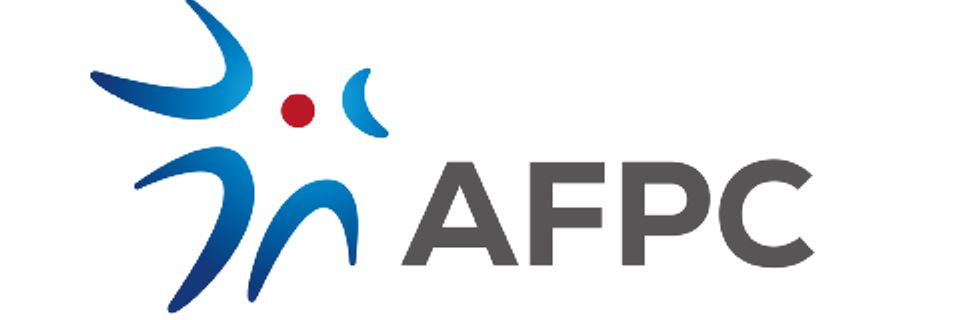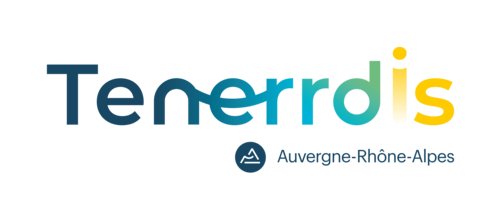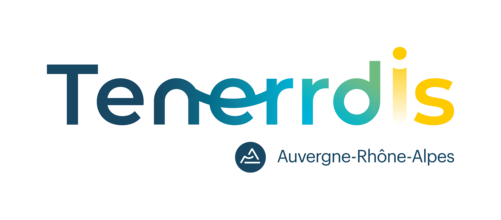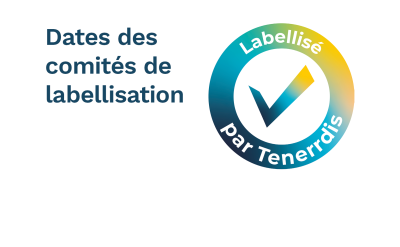News

Summary of the 1st edition of the Innovators' Morale Barometer
Respondents optimistic and committed to transforming the economy, despite financial, human and regulatory obstacles
In spring 2024, the Association française des Pôles de Compétitivité (AFPC ) launched its first Baromètre du Moral des Innovateurs (Innovators' Morale Barometer), designed to give a voice to France's innovation players brought together in Competitive Clusters.
The respondents are representative of the diversity of the French economic fabric, with a significant weighting of start-ups, VSEs and SMEs, as well as a strong representation of the digital, agriculture and agri-food, and energy sectors.
A promising innovation dynamic for the coming years, against a backdrop of change
The vast majority of respondents report a high level of innovation intensity, with promising prospects for the next 5 years. 71% of them perceive the future of innovation over the next 5 years as promising or very promising in their field - a proportion that rises to 86% among members of Competitive Clusters.
The momentum of innovation and, above all, investment is stronger in 2024 than in 2023, with 46% of respondents anticipating an increase in investment momentum despite the brakes and uncertainties associated with the macroeconomic and geopolitical context. Although France is perceived as a leader in Europe in terms of innovation, it is seen as lagging behind on a global scale by almost 20% of respondents.
For 70% of respondents, the ecological transition occupies an important or central place in innovation projects. Digitalization and artificial intelligence represent a significant or major transformation for 61% of respondents.
Financing is not the only obstacle to innovation
Access to financing, difficult for 58% of respondents, is the main obstacle identified, followed by human resources and recruitment issues, cited by 1 in 2 respondents. Regulations, for their part, are perceived by the majority as an obstacle to innovation.
Among the open contributions, respondents put forward ideas and demands relating to financing, taxation and the need to simplify administrative procedures and support for entrepreneurs.
PSAC President Jean-Luc Beylat comments:
"The people in charge of coordinating France's innovation ecosystems, as expressed in the Barometer, have strong confidence in the future, and are resolutely optimistic despite a rather gloomy or anxiety-inducing context (Europe's declining weight in the global balance, a divided domestic market...). Despite the obstacles that need to be overcome, the major dynamics of transformation are being embraced by all players (companies, laboratories, universities, etc.), with the indispensable support of the public authorities. Competitiveness clusters are essential catalysts for these dynamics".
Find a summary of the Barometer's findings on the AFPC website.
About PSAC
The Association Française des Pôles de Compétitivité was created on December 16, 2013, with the support of the Caisse des Dépôts et Consignations and the DGE (Direction Générale des Entreprises du Ministère de l'Economie). AFPC, by carrying the voice of 56 clusters and their more than 20,000 members, is in direct contact with the State, the Regions and the European Commission. It actively contributes to public policy on innovation in France and Europe. It participates in all initiatives that contribute to the development of businesses and employment. To find out more about all the initiatives supported by the Clusters, consult the complete presentation file.
The 56 competitiveness clusters spread across the country represent the largest network of innovators in France. With its 20,000 members, including start-ups, SMEs, ETIs, major groups, research and training organizations, public organizations and local authorities, the Association Française des Pôles de Compétitivité (AFPC) acts as a coordinator and liaison with public authorities.
The 56 clusters have entered their 5th phase of action for the period 2023-2026. Within this framework, they have set themselves the priority of serving France's objectives in terms of sovereignty, Europeanizing the innovation dynamic, and supporting ambitious reindustrialization and decarbonization policies.













No comment
Log in to post comment. Log in.